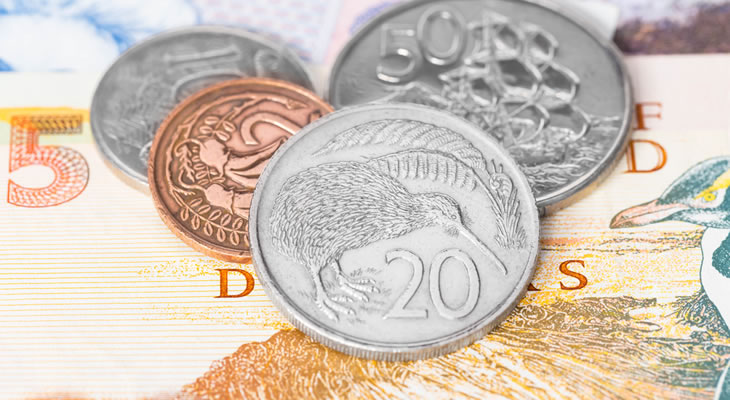GBP/NZD Exchange Rate Accelerates as Risk Sentiment Weakens
The Pound New Zealand Dollar (GBP/NZD) exchange rate opened today’s session on strong footing, after the ‘Kiwi’ was undermined by another slump in the Chinese Yuan (CNY).
At the time of writing the GBP/NZD exchange rate has climbed to around NZ$1.9022, up roughly 0.4% from this morning’s opening levels.
Yuan (CNY) Sell Off Propels New Zealand Dollar (NZD) Exchange Rates Lower
Risk aversion has sent the New Zealand Dollar (NZD) lower this morning as investors grow increasingly skittish in response to another drop in the Chinese Yuan (CNY).
The Yuan struck a fresh 11-year low against the US Dollar (USD) overnight on Wednesday as trade tensions between the US and China continue to flare.
Xinhua News Agency quoted China’s Foreign Ministry Spokesman Geng Shuang, in suggesting Beijing is now prepared to impose sanctions on the US for its arms sales to Taiwan.
The slump in the Yuan is also unlikely to improve the Whitehouse’s perception of China as a currency manipulator.
As a result investors have shunned the risk-sensitive ‘Kiwi’ this morning.
GBP Investors Brace for ‘Frank’ Talks between Boris Johnson and Macron
At the same time, persistent Brexit uncertainty is tempering the Pound’s (GBP) gains against the New Zealand Dollar (NZD) this morning.
Markets await details from Boris Johnson’s upcoming meeting with French President Emmanuel Macron, which observers expect to be a terse affair.
In talks with German Chancellor Angela Merkel yesterday, it was suggested that a solution to the Irish backstop could be found within 30 days.
However Macron was quick to refute this, insisting scrapping the backstop is ‘not an option’. A stance which is likely to dent Sterling sentiment as he holds a ‘franc’ working lunch with Johnson.
‘Kiwi’ to Extend Losses as Retail Sales Slow?
Coming up later tonight, the publication of New Zealand’s latest retail sales figures may see the GBP/NZD exchange rate extend its gains through to the end of the week.
Economists forecast sales growth will have slowed from 0.7% to 0.1% in the second quarter.
This could put more pressure on the Reserve Bank of New Zealand (RBNZ) to continue cutting rates and may see investors continue to shun the ‘Kiwi’.


Comments are closed.